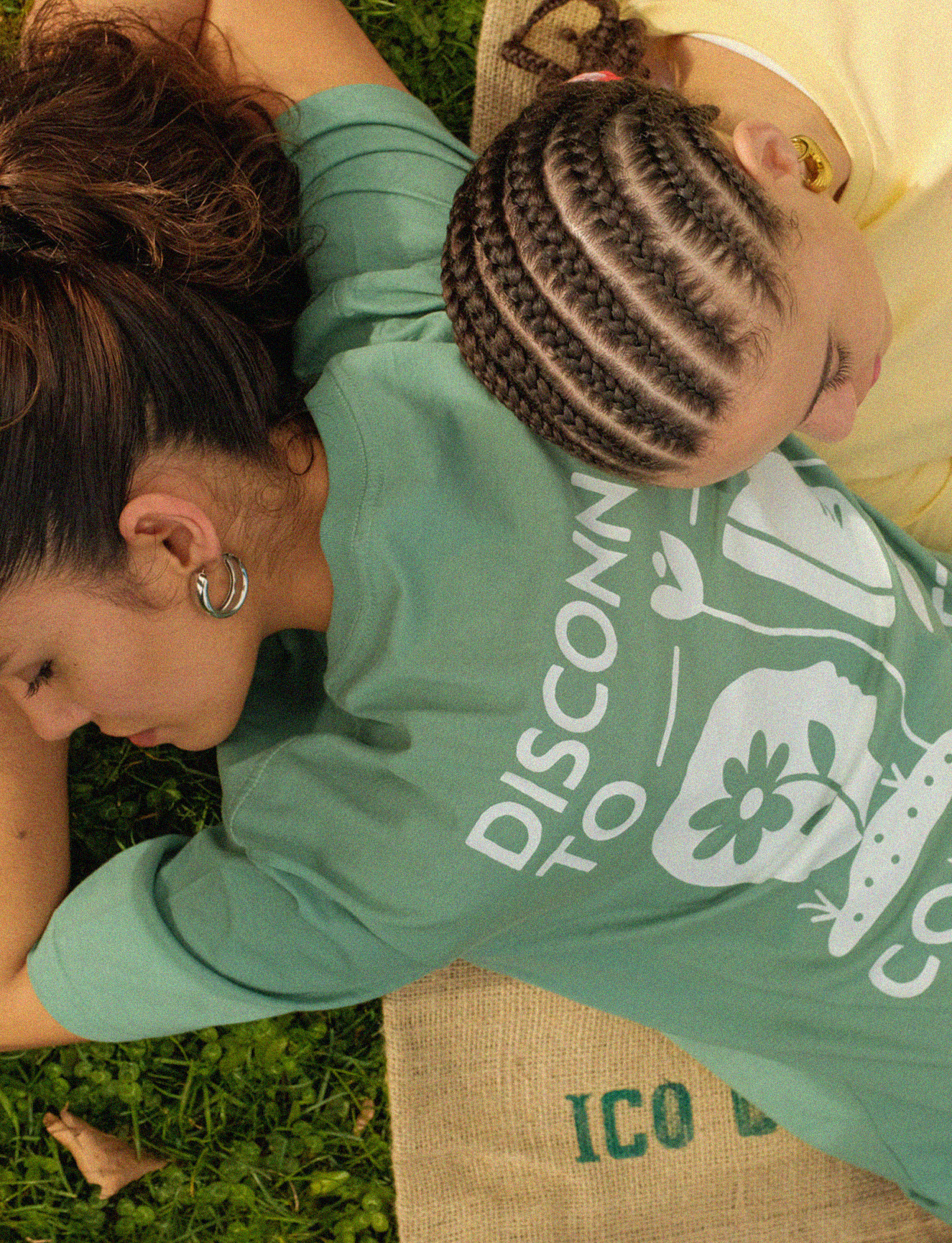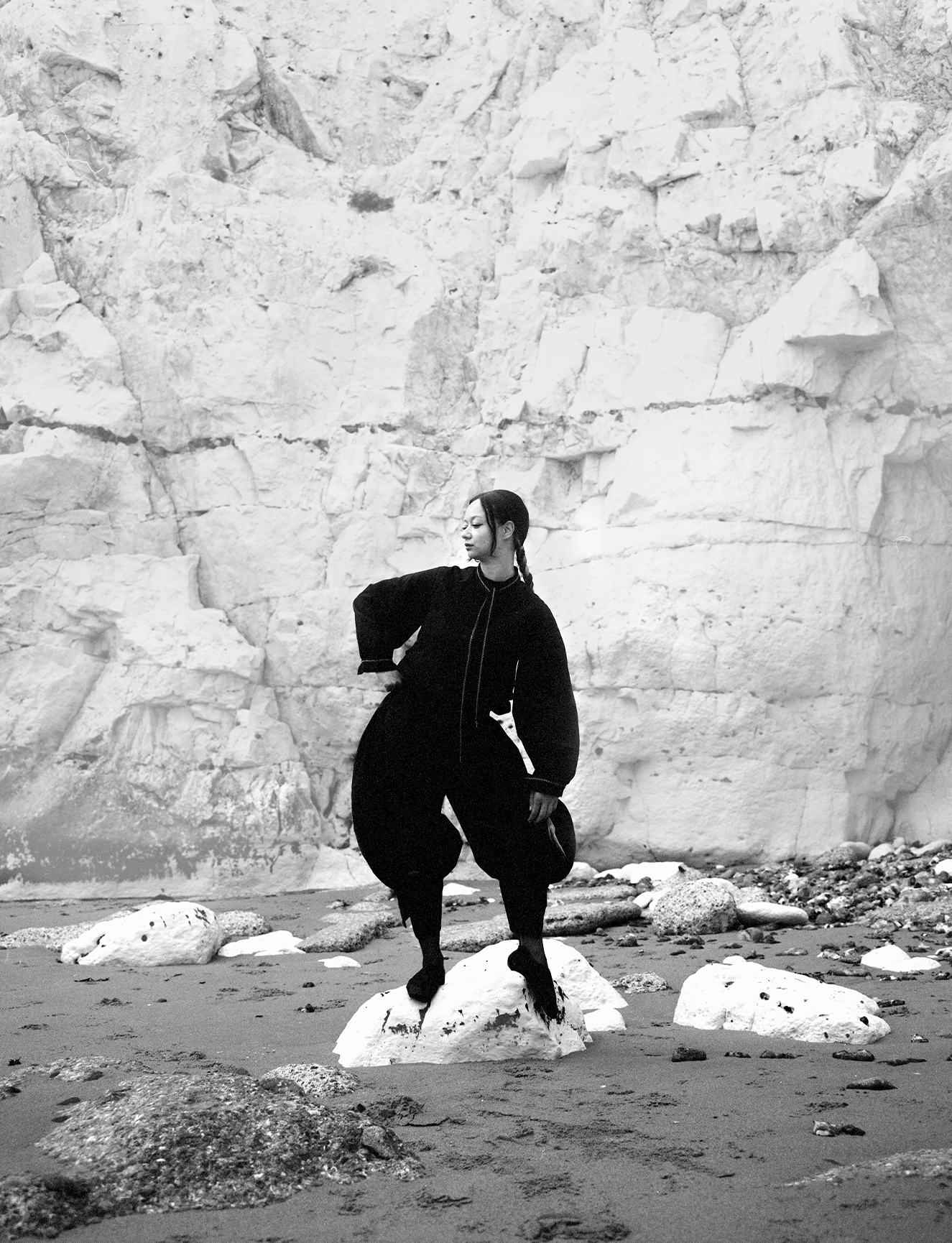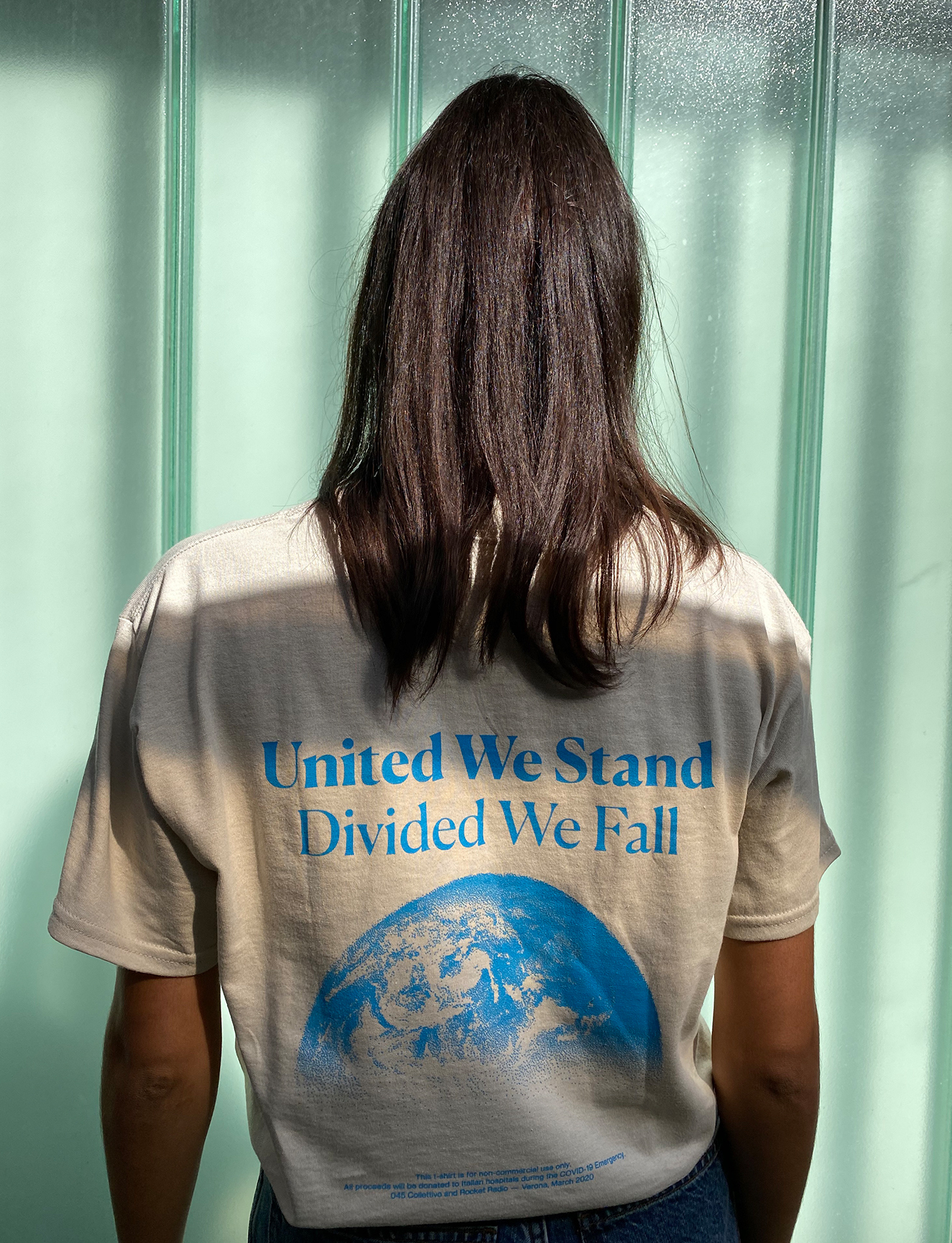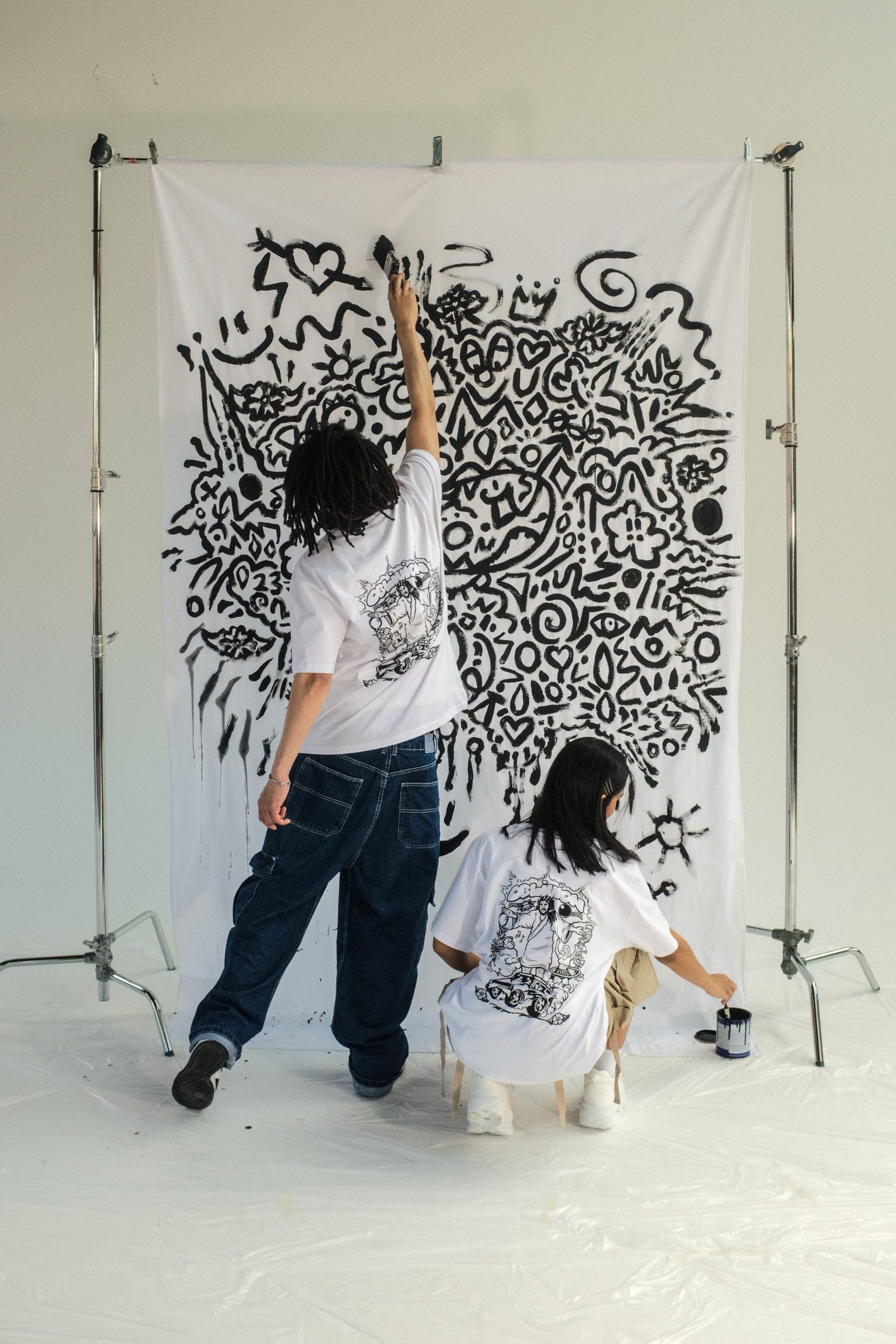Few sentences have ever made me feel so at peace as when actor Gaby Hoffman said, “I really love my job so much… but I don’t want to do it that often”.
For years, I’d read profiles of people working 12-hour days, or even longer in some cases, to excel in their careers. This tended to be framed as what you had to do to succeed, and I wondered why I felt no drive to do this in my own career, one I had to build from the ground up with no qualifications, no connections, and no financial safety net. I wanted a successful journalism career, I wanted all the bylines and the goals I’d worked towards, I just didn’t really want a life that involved working very much. Mainly, I wanted to go for meandering walks, crochet, weave, take little trips, drink nice coffees, huddle on the sofa under a blanket with my cat.
I felt isolated in this desire for rest
I felt isolated in this desire for rest and ‘pointless’ activities over work, but the collective shift over the course of the past few years has demonstrated that I’m not alone. It’s not that hustle culture has disappeared, it’s more that a counter-movement has emerged, and it’s predicated on rest. The same year as Hoffman’s interview, Chinese former factory worker Luo Hauzhong published a blog post titled “Lying Flat is Justice”. He’d quit his job and now survived on odd jobs, one of which included playing dead bodies in movies. The overlap between Gaby Hoffman and Luo Hauzhong suggests people’s desire to divest themselves of work isn’t job, or even class, specific; it exists at every stratum of society and across countries.

In 2016, artist and theologian Tricia Hersey founded The Nap Ministry in the US, a project to frame rest as a form of resistance, specifically within the lives and historical experiences of Black women and the Black community. “There is no system in our culture that supports and makes space for us to rest,” Hersey wrote, in an excerpt from her 2022 book Rest Is Resistance. “This culture does not want you rested unless it is attached to your increased labour and productivity.”
Hersey’s framework, distilled in her book, has without a doubt fed through into most of the current discourse around rest as a political concept and its place within anti-capitalism and liberation from oppressive systems. (Nothing sums up the general outlook like “Divest from capitalism/Lay yo ass down”). But such divestment and liberation is failing to materialise in any sort of systemic way. In China, the original Lying Flat post disappeared, and related discussion groups were shut down. The Tory government in the UK has promised more benefit sanctions for those not taking “active steps” to move into work, and the US is doing its best to get children into the workplace. Work being presented, politically, as the lynchpin to our value within society takes a toll. “Illness, health, mental health, any of those things, anything that means that you can’t contribute towards capitalism right there and then, all the time, does kind of render you a failure,” artist and writer Georgina Johnson told The Block earlier this year.
In that context rest becomes a luxury
The only rest we get is the rest we are willing, and able, to take; in that context rest becomes a luxury. To rest can also mean risking the illusion of failure. There are arguments against this, reinforcing that rest is not a luxury, but a human right, and of course it is a right, but in today’s society there are nevertheless material barriers to rest. Consider the anonymous narrator from Ottessa Moshfegh’s 2018 novel My Year of Rest and Relaxation: her drug-induced ‘sleep’ takes place in a cushy Upper East Side apartment, funded by inheritance from her wealthy parents. In the real world, friends who’ve had to work part-time jobs to be able to afford to keep poorly paid foot-on-the-ladder full-time jobs have missed rest to the point of becoming ill, while their parent-funded peers had free weekends and regular holidays. Access to rest isn’t equal.
Where serviced apartments and parental incomes are lacking, some are building the structures to help their communities rest. Founded in 2015, Rest for Resistance is a trans-led organisation that creates both online and physical opportunities for marginalised communities to rest. Guided meditations, yoga, and their festival ‘Rest Fest’ all offer the time and space for rest in different forms. “When we’re talking about rest in a structured, policy kind of way, [we should ask] who is being left out, whose rest still doesn’t matter?” says Dom Chatterjee, one of the organisation’s founders. “I get frustrated that a lot of the conversation about rest activism is about more vacations… instead of helping people rest in the conditions they’re in.”
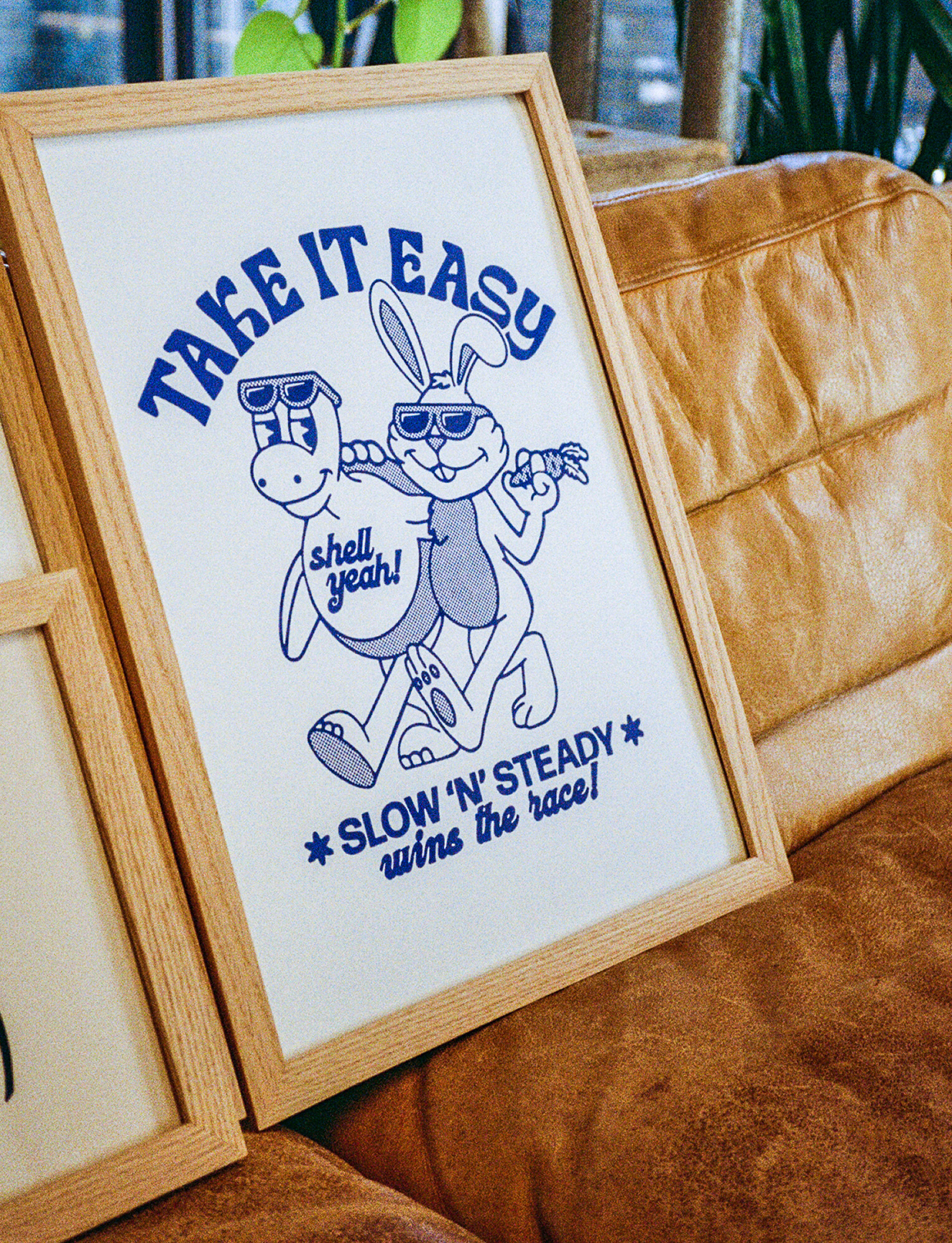
Speaking from my own perspective as a freelancer, a holiday doesn’t signify real rest to me. I love the experience of being somewhere new but the growing stack of emails (that I can’t help but check) and the anxiety about missed opportunities takes feeling rested out of the equation. Helping myself rest meant, not a holiday, but committing to cutting down to a four-day week, and distributing my time away from work more evenly. I embarked on it in February this year, but quickly fell back into a pattern of five or six day weeks as my workload ramped up. Rather than feeling a weird sense of pride at joining the crowds of ‘normal’ people working long hours like I used to, I felt frustrated, personally and politically, that I wasn’t living my life in the way I felt it should be lived. So, I doubled down and tried again in summer.
How do we define ‘rest’?
A four-day week at a salaried job means working fewer days with no loss of pay, but a four-day work as a freelancer means either turning down work or doing longer days when you do work, and for that reason it doesn’t always go to plan; I’ve just pencilled in work for the next two Mondays, which are supposed to be my days off, to close a financial gap I saw coming. But on the weeks I am able, the difference in how I feel is remarkable and exemplifies that although the rest I previously imagined involved mostly sitting or lying still, my true rest – not just my allotted two day recovery from the working week – is quite active.
Which brings us to perhaps the pivotal question: how do we define ‘rest’? What counts as rest and what does a life centred around rest look like?Chatterjee encourages people to ask what forms of rest they’re jealous of, and build from there. You might be dying to have an hour to read a few chapters of a book or you might be sick of quiet time alone and want time to be with friends – what he calls ‘resting in your community’. “The way different forms of rest impact us on an individual level is so important to pay attention to,” Chatterjee says. “We need to make fewer assumptions about what rest means for other people.”
Rest has become synonymous with low energy activities – snoozing, napping, lounging – because it’s what we crave when we’re exhausted from the momentum of forced productivity. If we live in a culture where we can abide by the ebb and flow of the seasons we evolved alongside, we should also be able to expand our understanding of rest to abide by the ebb and flow of our energy. Rest as a radical concept isn’t a singular function or act, but a wholesale cultural transference.
Read More: Summer In Crisis



